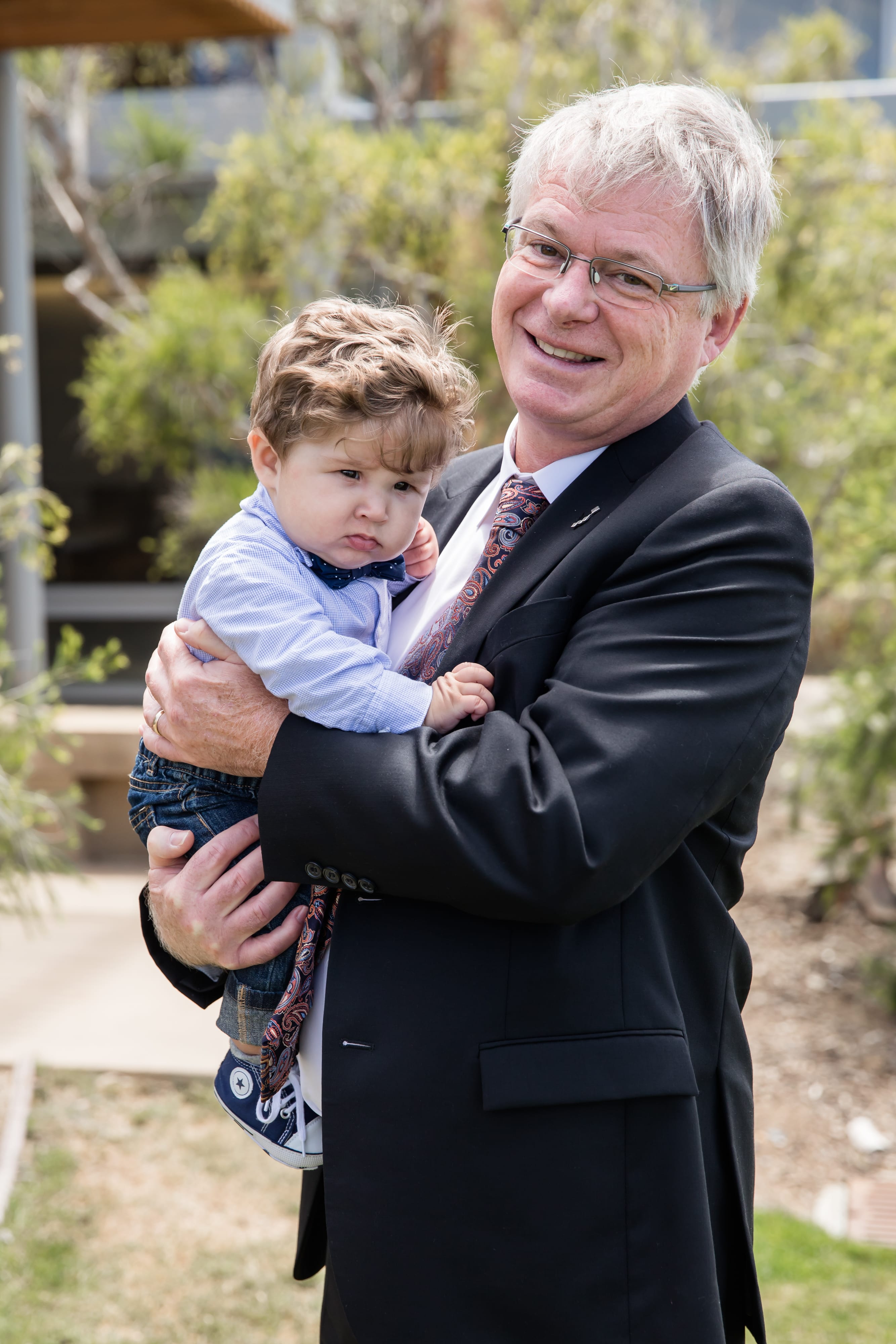Posted By: Sara Cullinan, PhD, Deputy Editor, AJHG
Each month, the editors of The American Journal of Human Genetics interview an author of a recently published paper. This month, we check in with Stephen Kingsmore to discuss his paper “A randomized, controlled trial of the analytic and diagnostic performance of singleton and trio, rapid genome and exome sequencing in ill infants.”

AJHG: What prompted you to start working on this project?
Stephen: We’ve been working on implementing rapid whole genome sequencing in infants in intensive care units since 2011. We have two Guinness world records for fastest time to genetic diagnosis (the current benchmark is 19 hours). In the first 35 infants we tested, we saved two lives by changing therapy from that based on the clinical diagnosis to that based on the molecular diagnosis. Ever since then, we’ve been on a mission to understand how to make this reality in every intensive care unit in the world.
AJHG: What about this paper/project most excites you?
Stephen: Randomized controlled trials are very exacting. This is just the second randomized controlled trial of clinical genome sequencing! You’re never sure whether a clinical trial will really test the desired hypothesis. I was most excited that we clearly showed that ultra-rapid whole genome sequencing, with fastest time to diagnosis, was best for seriously ill infants in intensive care units (ICUs). As with every previous study, I now know how to redo the current one!
AJHG: Thinking about the bigger picture, what implications do you see from this work for the larger human genetics community?
Stephen: This manuscript is part of a growing body of evidence that demonstrates that infants in ICUs with diseases of unknown etiology benefit from rapid whole genome sequencing by virtue of the consequent implementation of precision medicine. We anticipate that 30,000 infants per year would benefit from this in the U.S. The current study was unique since almost one half of infants in ICUs were eligible for enrollment. As a result, we found that genetic diseases are much more common than previously expected.
AJHG: What advice do you have for trainees/young scientists?
Stephen: Think about a career in genomic medicine – the genomic medicine tsunami is coming and we’ll need every genetic counselor and medical geneticist to deliver this new type of care. For the first time, genomics will save lives day in, day out.
AJHG: And for fun, tell us something about your life outside of the lab.
Stephen: I’m reading the Bible in a year. I’m 2/3 of the way through and it yields specific thoughts for each day, as well as continually adjusting my thinking to the bigger, long-term picture. It started as a chore and now is a vital part of my day.
Stephen Kingsmore, MD, DSc, is the President and CEO of Rady Children’s Institute for Genomic Medicine at Rady Children’s Hospital. He has been a member of ASHG since 2007.
